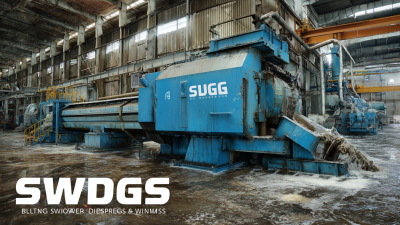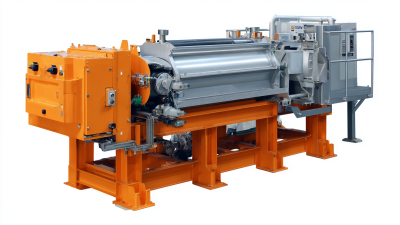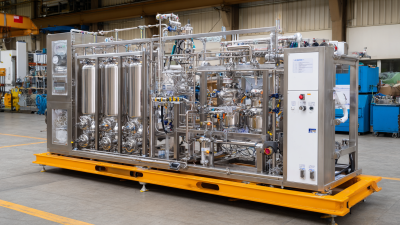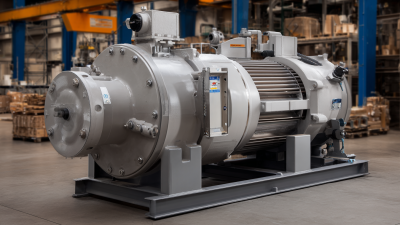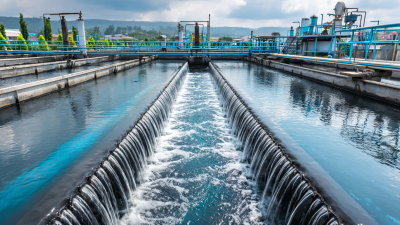 +86 13600513715
+86 13600513715



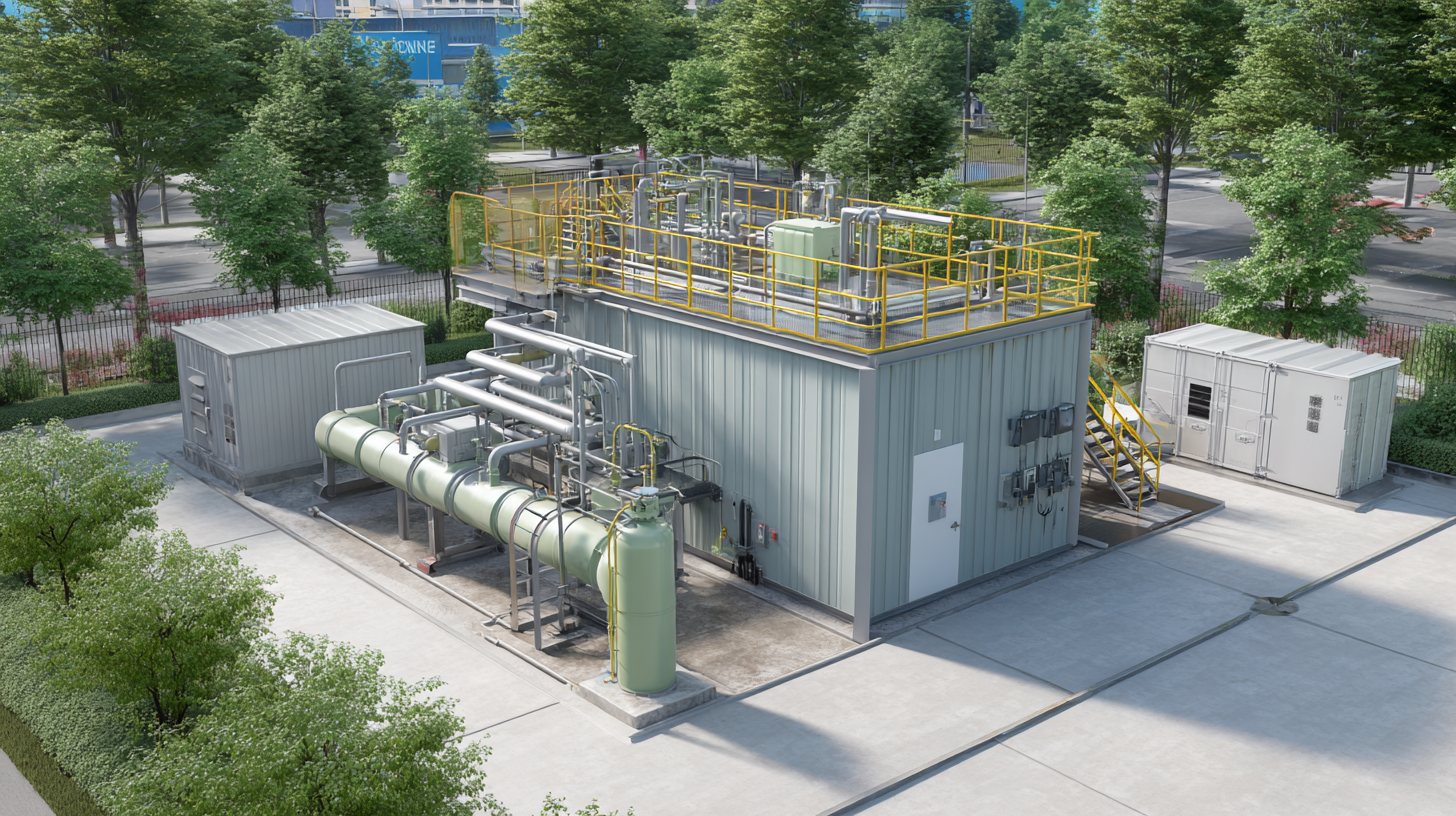 Innovative approaches to wastewater management are critical in addressing the escalating global water crisis, with advanced biofilter technology emerging as a frontrunner in this arena. According to a report by the United Nations, over 2 billion people currently lack access to safely managed drinking water services, underscoring the urgent need for effective treatment solutions.
Biofilter for water treatment has been shown to significantly enhance the efficiency of wastewater systems, utilizing biological processes to remove contaminants while minimizing environmental impact. Research indicates that implementing biofilter systems can reduce pollutants by up to 90%, thereby providing a sustainable pathway towards cleaner water solutions.
As municipalities and industries strive to meet stringent regulatory standards and improve environmental outcomes, biofilters represent a promising technology that blends ecological engineering with practical water management strategies, ultimately fostering a healthier and more sustainable future for communities worldwide.
Innovative approaches to wastewater management are critical in addressing the escalating global water crisis, with advanced biofilter technology emerging as a frontrunner in this arena. According to a report by the United Nations, over 2 billion people currently lack access to safely managed drinking water services, underscoring the urgent need for effective treatment solutions.
Biofilter for water treatment has been shown to significantly enhance the efficiency of wastewater systems, utilizing biological processes to remove contaminants while minimizing environmental impact. Research indicates that implementing biofilter systems can reduce pollutants by up to 90%, thereby providing a sustainable pathway towards cleaner water solutions.
As municipalities and industries strive to meet stringent regulatory standards and improve environmental outcomes, biofilters represent a promising technology that blends ecological engineering with practical water management strategies, ultimately fostering a healthier and more sustainable future for communities worldwide.
Advanced biofilter technology is transforming the landscape of wastewater management by significantly reducing treatment costs. Traditional methods involve high energy consumption and extensive maintenance, which can strain budgets and resources. However, biofilters utilize natural processes to treat wastewater more efficiently, slashing operational costs by approximately 30%. This innovative approach not only streamlines treatment but also minimizes the need for chemical additives, resulting in a more sustainable solution for communities.
Moreover, the efficiency of advanced biofilters enhances the overall quality of treated water. By harnessing specialized microorganisms within the filtration system, these technologies effectively remove contaminants, ensuring that the discharged water meets regulatory standards and is safe for environmental discharge. As municipalities and industries seek to comply with increasingly stringent water quality regulations, the adoption of biofilter technology becomes imperative. This shift not only benefits operational budgets but also contributes to a healthier ecosystem, showcasing the dual advantage of cost reduction and environmental responsibility in wastewater management.
The advancement of biofilter technology is crucial for transforming wastewater management practices and enhancing water quality. Recent studies indicate that well-designed biofilters can achieve pollutant removal efficiencies of up to 95%. This remarkable capability stems from the biofilters' unique ability to leverage microbial communities that efficiently degrade organic compounds, nutrients, and pathogens commonly found in wastewater. According to the Water Environment Federation, these systems significantly outperform traditional wastewater treatment methods, presenting a more sustainable and cost-effective solution for municipalities and industries alike.
In addition to their high removal efficiency, biofilters are relatively low-maintenance and can be tailored to specific wastewater characteristics, making them versatile for diverse applications. A 2022 report published by the International Water Association highlights that biofilters not only reduce the volume of harmful contaminants but also facilitate the recovery of resources, such as water and nutrients, which can be recycled for agricultural use. Such efficiency not only supports compliance with regulatory standards but also contributes to a circular economy, demonstrating the pivotal role of advanced biofilter technology in the quest for clean water solutions.
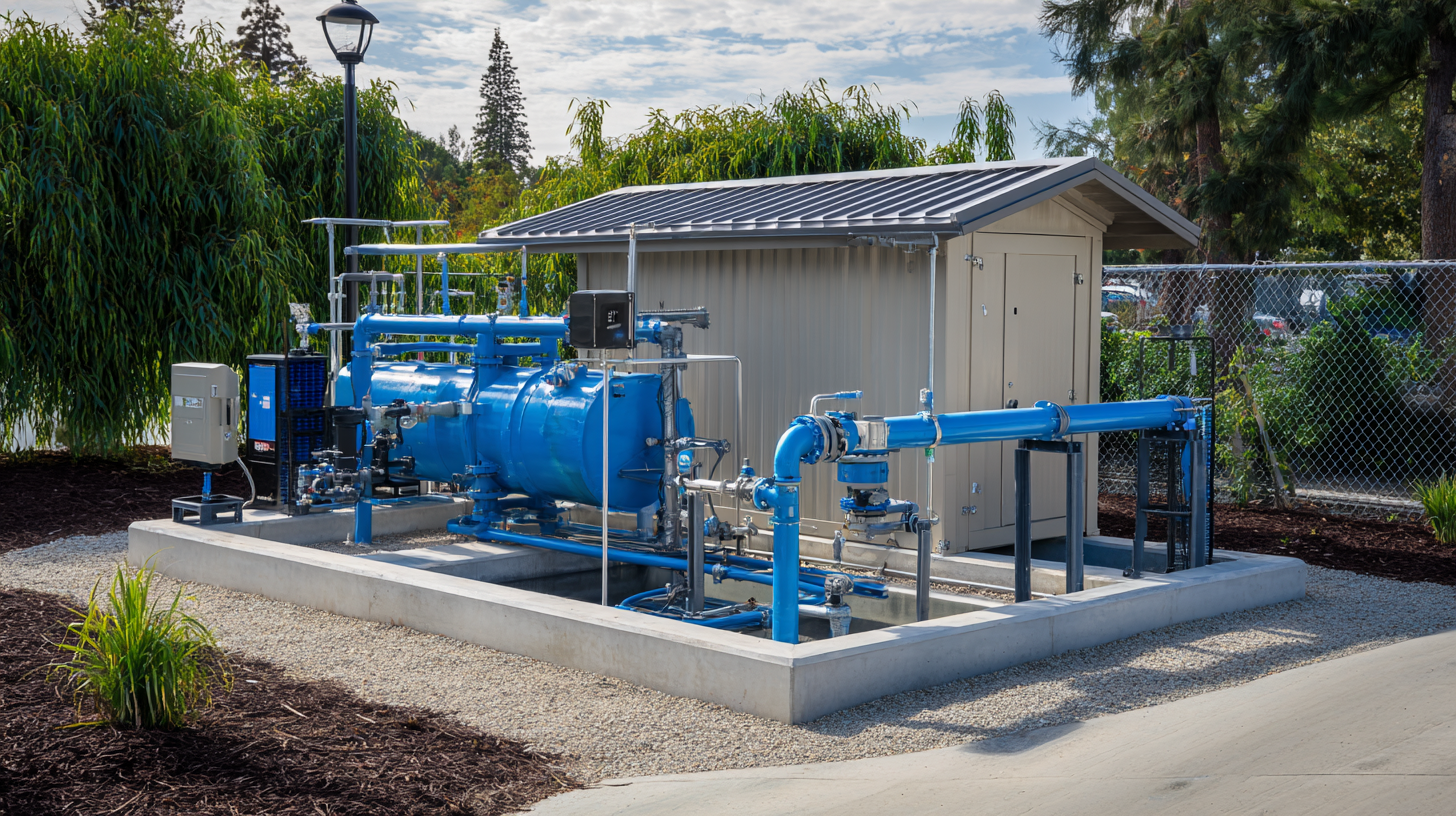
The integration of the Internet of Things (IoT) with advanced biofilter systems marks a significant step forward in the field of wastewater management. By embedding smart sensors within biofilters, real-time monitoring becomes feasible, allowing for the continuous assessment of water quality parameters such as pH, turbidity, and biochemical oxygen demand. This immediate feedback enables operators to respond swiftly to any fluctuations or contaminants, ensuring a more efficient purification process that meets environmental standards.
Moreover, the data analytics capabilities facilitated by IoT technology transform conventional wastewater treatment paradigms. Collected data can be analyzed to optimize the biofilter performance and predict maintenance needs, reducing downtime and operational costs. By leveraging machine learning algorithms, predictive maintenance can be implemented, allowing facilities to address potential failures before they occur. This fusion of biofiltration and IoT not only enhances the efficiency and reliability of wastewater management systems but also contributes to the overarching goal of sustainable water usage and conservation.
Recent advancements in biofilter technology have shown substantial promise in transforming wastewater management practices. Case studies from various municipalities indicate that the integration of advanced biofilters has led to a significant increase in water reuse—up to 50% in some instances. For example, a study published by the Water Environment Federation reveals that facilities implementing biofiltration saw improved removal rates of nutrients and organic contaminants, enhancing the quality of treated water suitable for reuse in irrigation and industrial processes.
In a practical application, a wastewater treatment plant in California adopted these cutting-edge biofilters and reported enhanced efficiency in their operations. Specifically, they achieved a remarkable 75% reduction in sludge production while simultaneously increasing water recovery rates. The American Society of Civil Engineers documented similar successes, noting that such innovative treatment technologies can not only mitigate environmental impacts but also lead to significant cost savings—estimated to be upwards of $500,000 annually in operational expenses due to reduced energy consumption and lower chemical needs. These examples underscore the vital role of advanced biofilter technology in crafting sustainable solutions for clean water challenges.
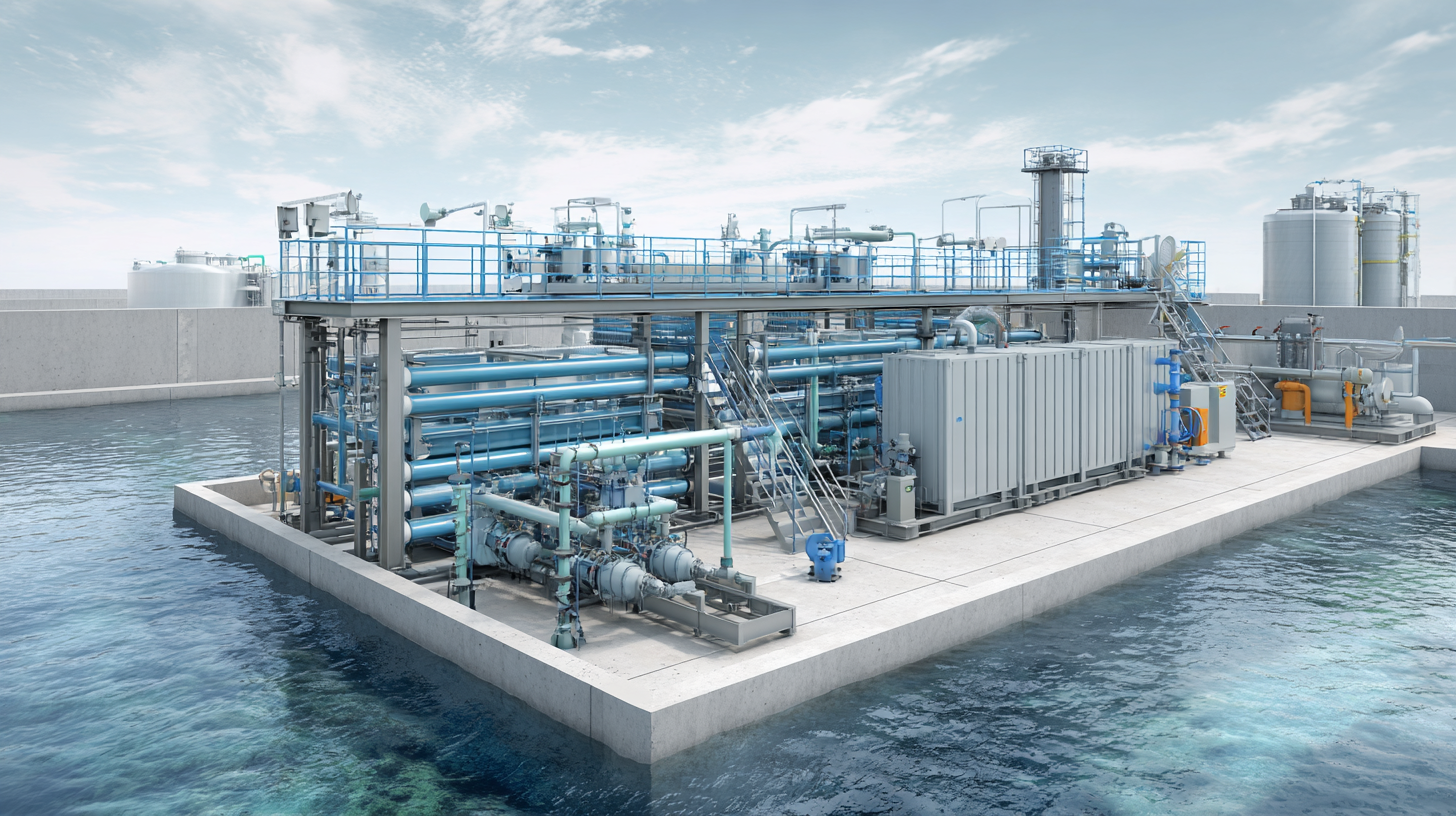
As the world increasingly prioritizes sustainability, wastewater management is undergoing a significant transformation, with a strong shift towards advanced biofilter solutions. These systems not only enhance the natural purification processes of water but also minimize environmental impact, making them a cornerstone for future water treatment strategies. By employing living organisms to break down waste, biofilters are capable of providing cleaner water while being energy-efficient.
Tip: When considering biofilter installation, assess your local water quality challenges to choose the most effective biological treatment system tailored to your needs.
Another emerging trend in wastewater management is the integration of smart technologies with biofilters. Monitoring systems that utilize artificial intelligence can optimize the parameters of biofilter performance, ensuring maximum efficiency and adapting to varying wastewater conditions. This technological synergy promises to make wastewater treatment more responsive and versatile.
Tip: Stay informed about new developments in smart wastewater technologies, as these can profoundly enhance the effectiveness of biofilter solutions in your area.

